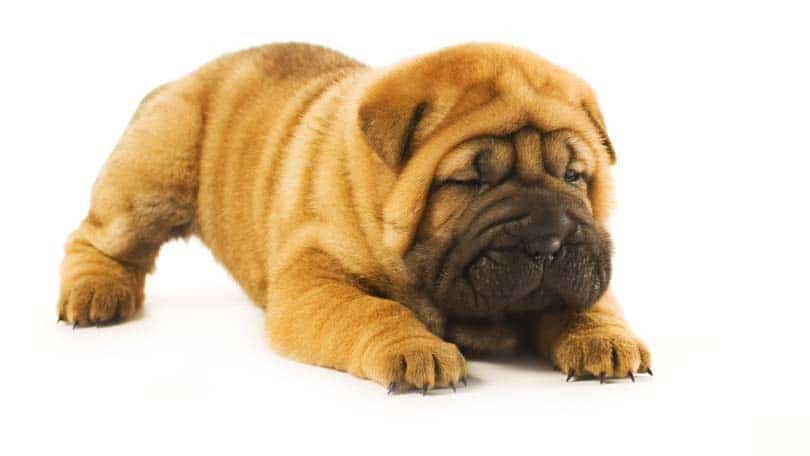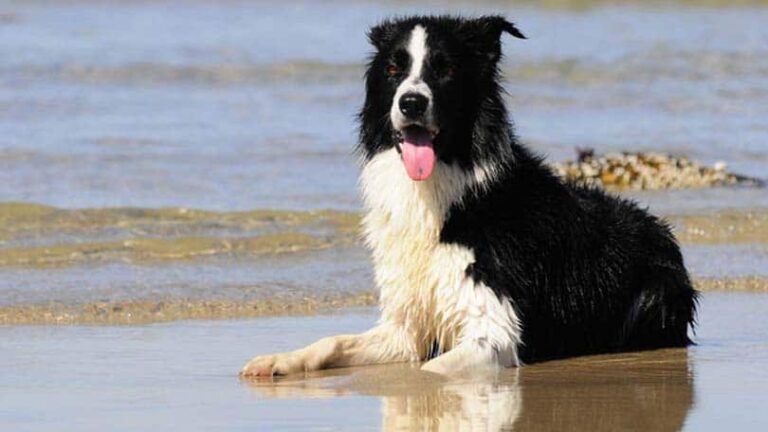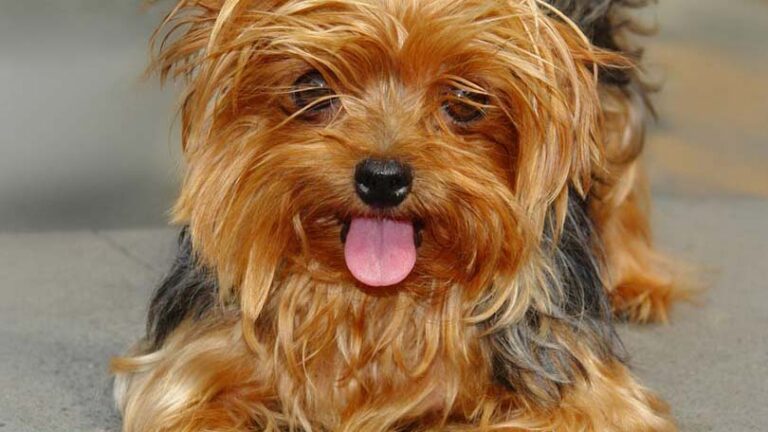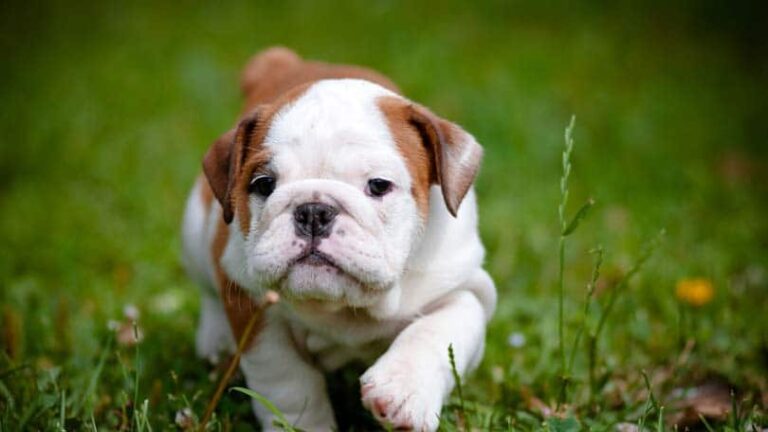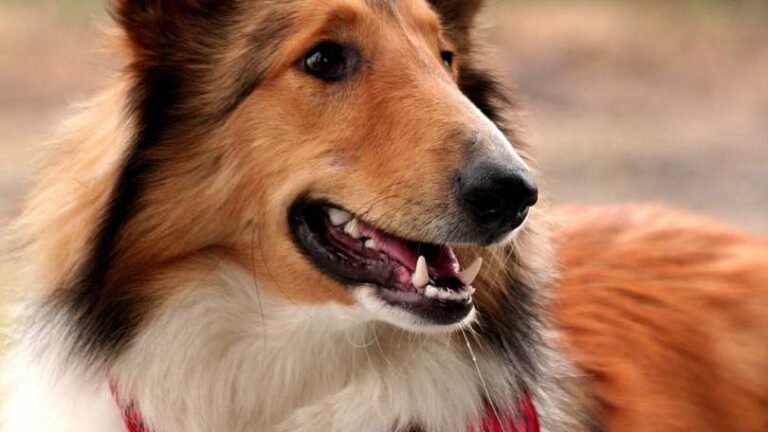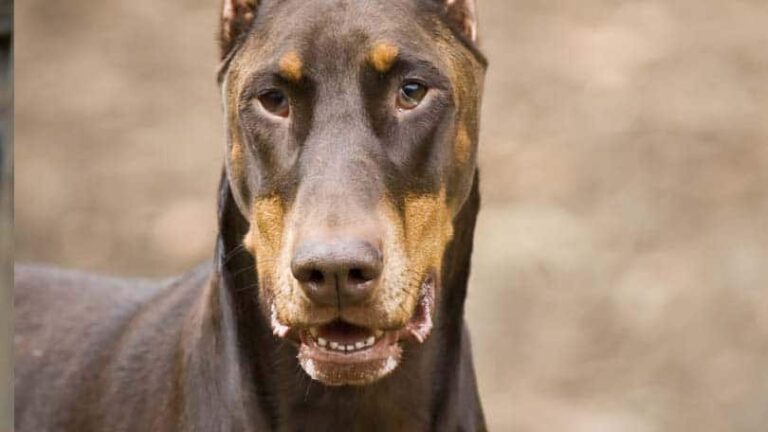Why Do Puppies Get The Hiccups?
Apparently, puppies get hiccups the same way that babies or children can. And for some of the same reasons. Hiccups in puppies less than six months old are often an involuntary, harmless contraction of the diaphragm that can occur in any breed or size of puppy. The hiccup episodes tend to last for just a few minutes and then they stop. According to vets, even unborn puppies can hiccup inside their mother’s womb. The hiccuping puppies can be seen on ultrasounds before they are born. Most puppies outgrow these involuntary bouts of hiccups by the time they are a year old.
Hiccups in young puppies
According to veterinarians, no one quite knows why puppies go through this stage but it seems to be normal for puppies to hiccup in some cases several times in a single day, with each episode lasting two or three minutes. Some people believe that hiccups are more common in large breed puppies and large mixes but that hasn’t been proven.
Hiccups result from a spasm in the diaphragm which results when the phrenic and vegus nerves are irritated. These nerves run from the dog’s neck through the chest and into the stomach. Along with eating and drinking, which can irritate these nerves, they can also be triggered by emotional distress, too much excitement, and by some medications.
Hiccups are caused when the diaphragm makes an involuntary contraction which leads to an intake of air and then it is stopped suddenly when the glottis is closed. The diaphragm is the muscle that separates the puppy’s abdomen from his chest and lets the lungs take in air. When the diaphragm squeezes shut, the air is taken in quickly, but the glottis, which is part of the “voice box,” cuts the air off.
Hiccups in older puppies and dogs
Slightly older puppies can get hiccups for the same reason that children and adults get them: they may eat or drink too fast and gulp in air as they eat or drink. The air can be trapped in the stomach, tickling the diaphragm, making it release little hiccups.
Any dog can get hiccups. If your adult dog is getting hiccups, it’s a good idea to try to slow down his eating and drinking habits. Hiccups are not harmful but habitually inhaling too much air during eating and drinking is not a good idea. In some breeds it can lead to bloat or gastric dilatation volvulus which can be a life-threatening condition. Feed several small meals per day instead of one large meal. Place large items in your dog’s food dish so he has to eat around them. This will slow him down while he eats.
Many owners also restrict large breed dogs from playing or running right after eating so their food has time to settle. They may also soak their dog’s food in warm water before feeding it so it won’t expand in the dog’s stomach and produce more air. Owners of breeds prone to bloat often avoid giving their dogs ice cold water, too, so the dog’s stomach and body won’t have any sudden change of temperature. They also try to avoid stress with these dogs.
Theory
According to one theory, the phylogeneic hypothesis, hiccups are “an evolutionary remnant of earlier amphibian respiration.” So, perhaps at one point, mammals relied on hiccuping as a way to help them breathe. Hiccups could be linked to neurological pathways (the phrenic and vegus nerves, perhaps), that are used in young mammals. As mammals get older, those pathways are replaced by the pathways we use as adults, so there is less hiccuping.
It’s just a theory, but it seems to be the one favored at the moment to explain why young puppies hiccup.
There is no real cure for hiccups except to wait for them to stop. Normal hiccups will stop without any medication or odd home remedies made by the owner. You may be able to help the hiccups go away faster by petting and soothing your puppy or stroking your puppy’s stomach. If too much excitement or stress can bring on hiccups, then helping your puppy stay calm and relaxed may help them go away.
Hiccups in puppies are nothing to worry about but do not confuse them with other health issues such as coughing or choking. If your puppy is hiccuping and vomiting at the same time, then take him to the vet. If the hiccups last more than 30 minutes, or if they occur more than a few times per day, or if they interfere with your puppy’s eating, sleeping, and playing, then take him to the veterinarian.
Many people think that puppies are very cute when they hiccup. You can find videos of hiccuping puppies online and even see ultrasounds of puppies in the uterus. Try to enjoy your puppy when he hiccups. He should outgrow this behavior in just a few weeks.

Having discovered a fondness for insects while pursuing her degree in Biology, Randi Jones was quite bugged to know that people usually dismissed these little creatures as “creepy-crawlies”.

